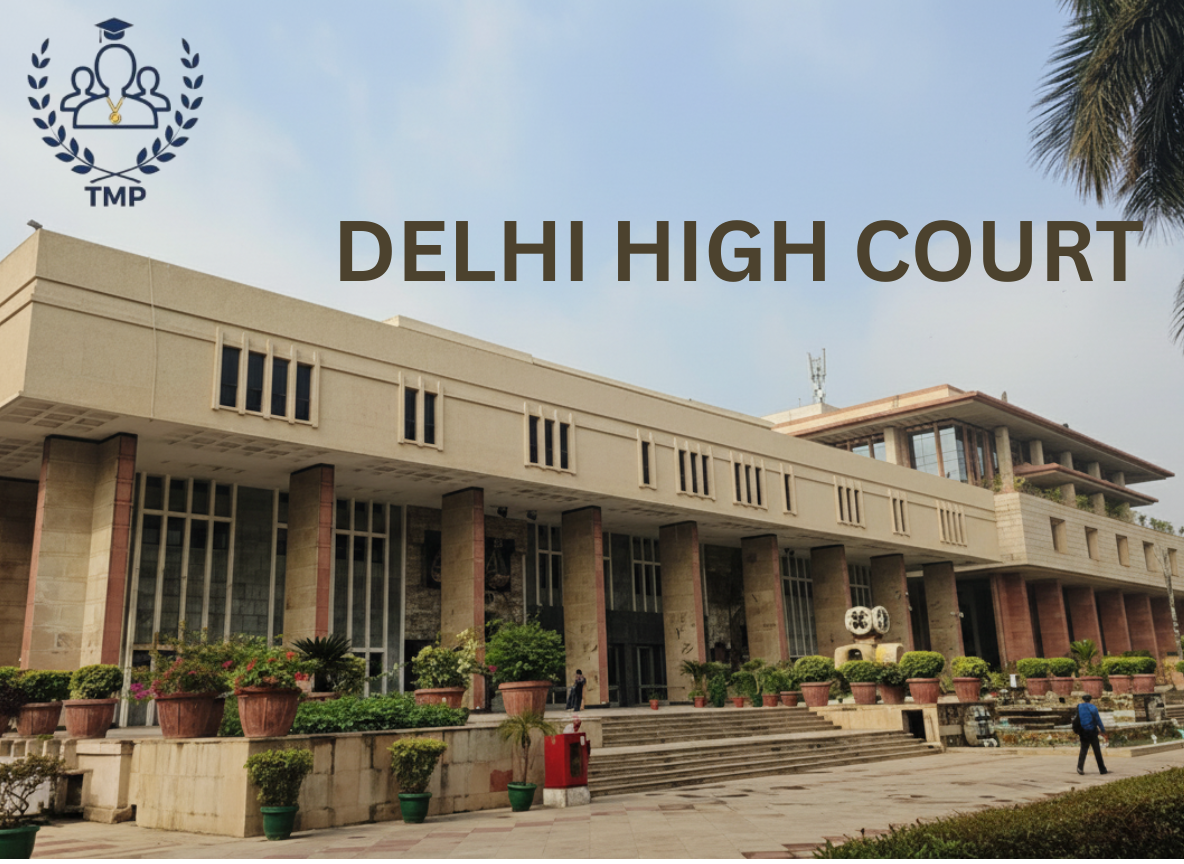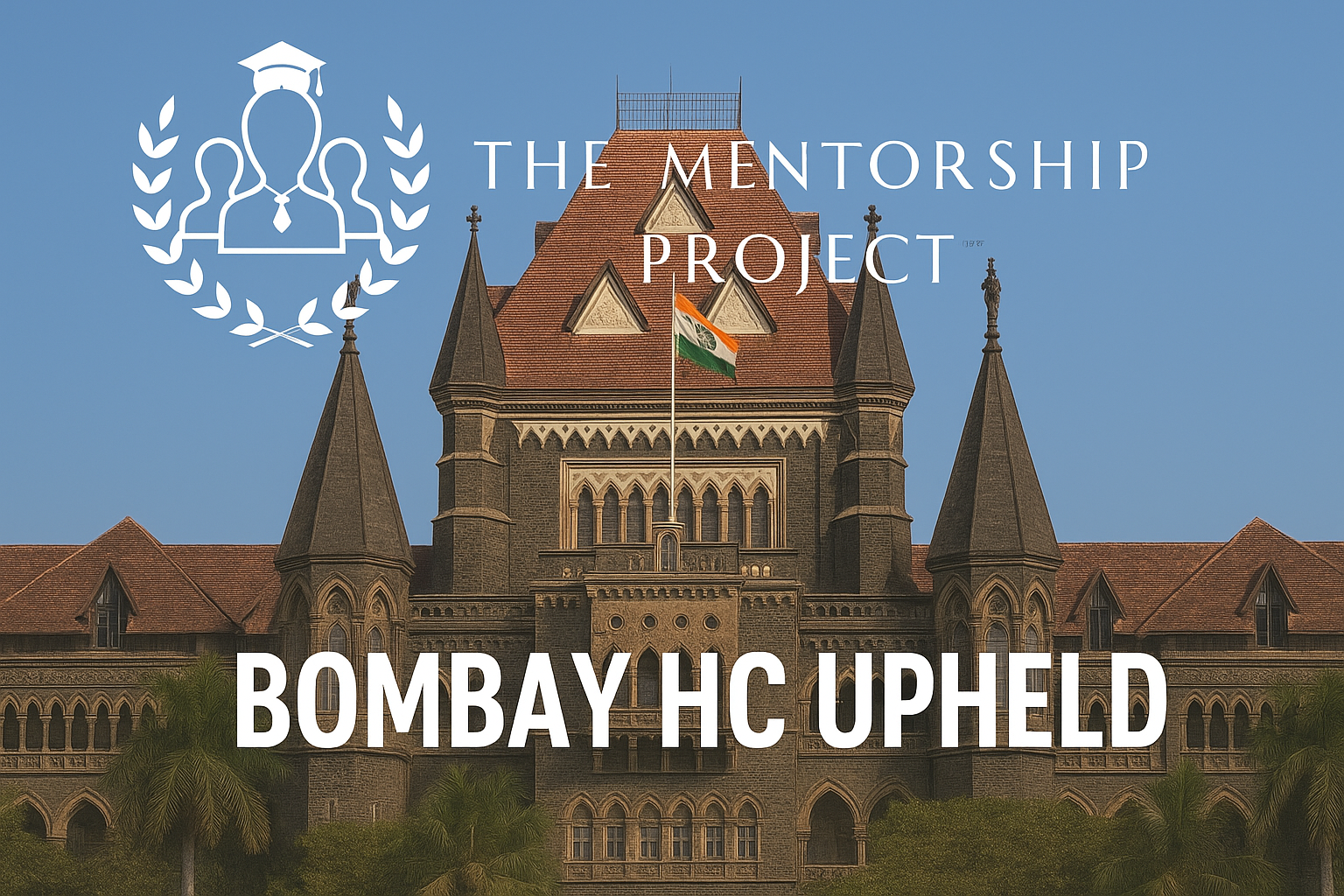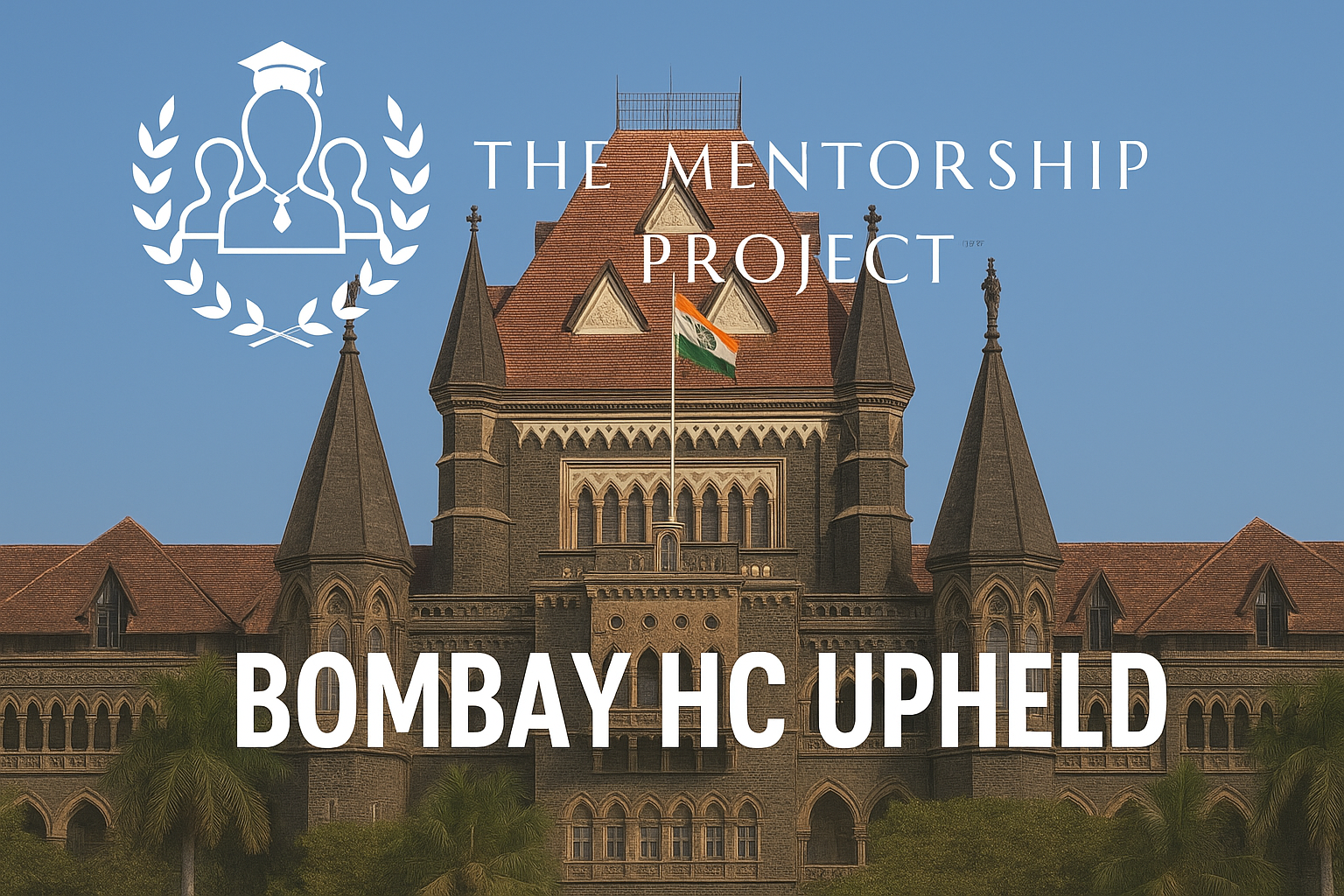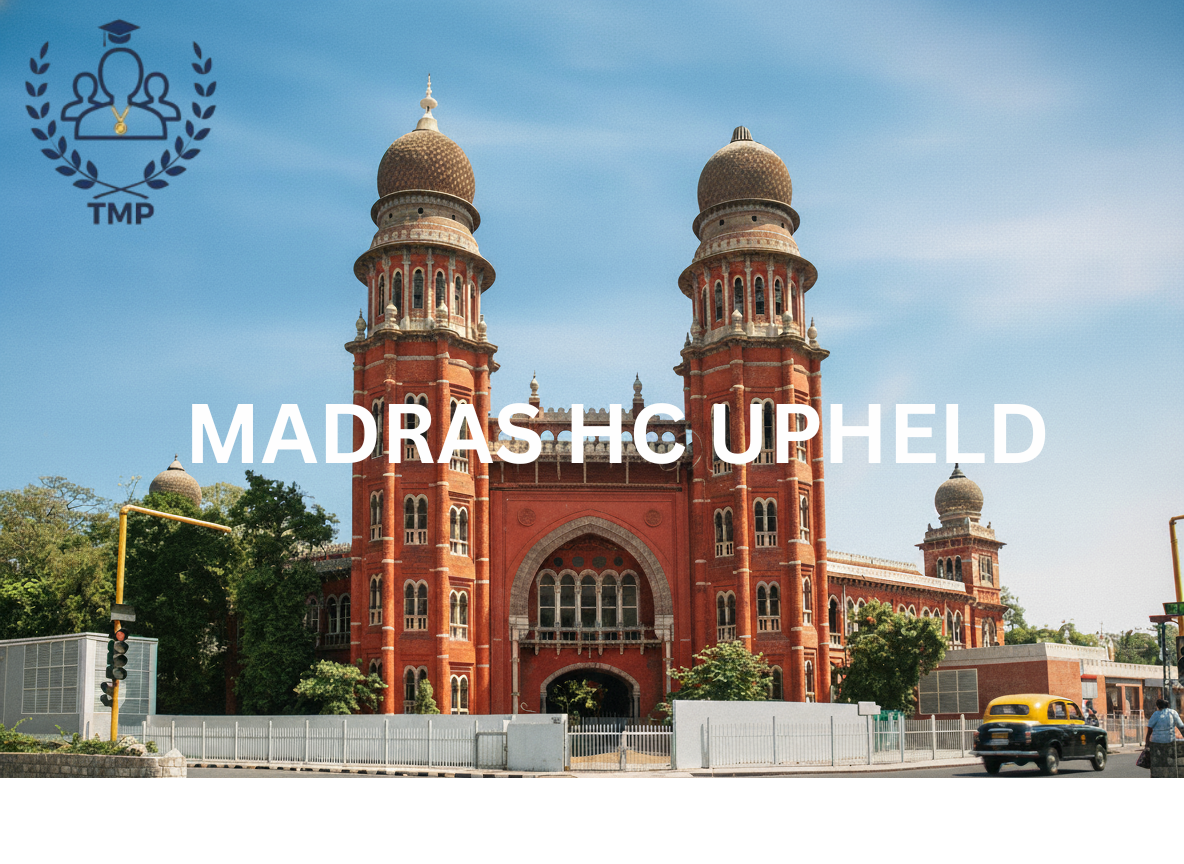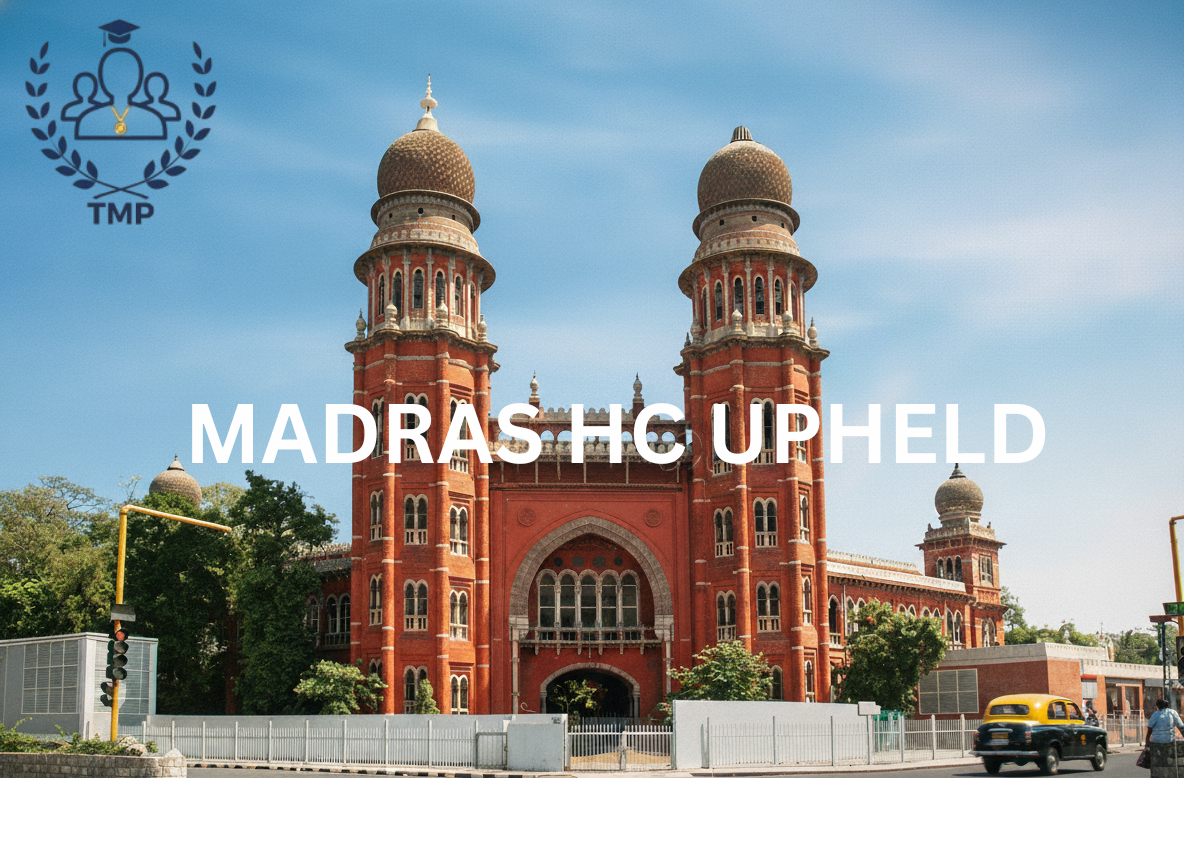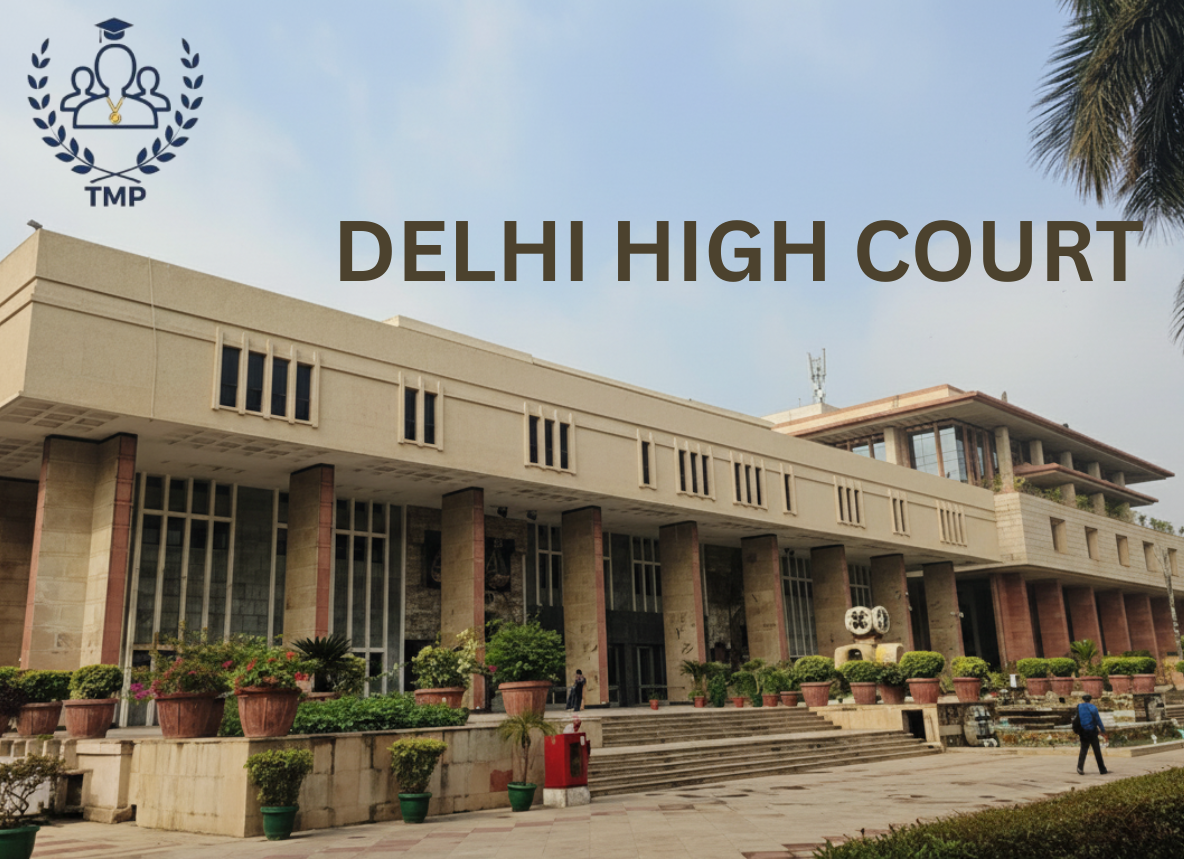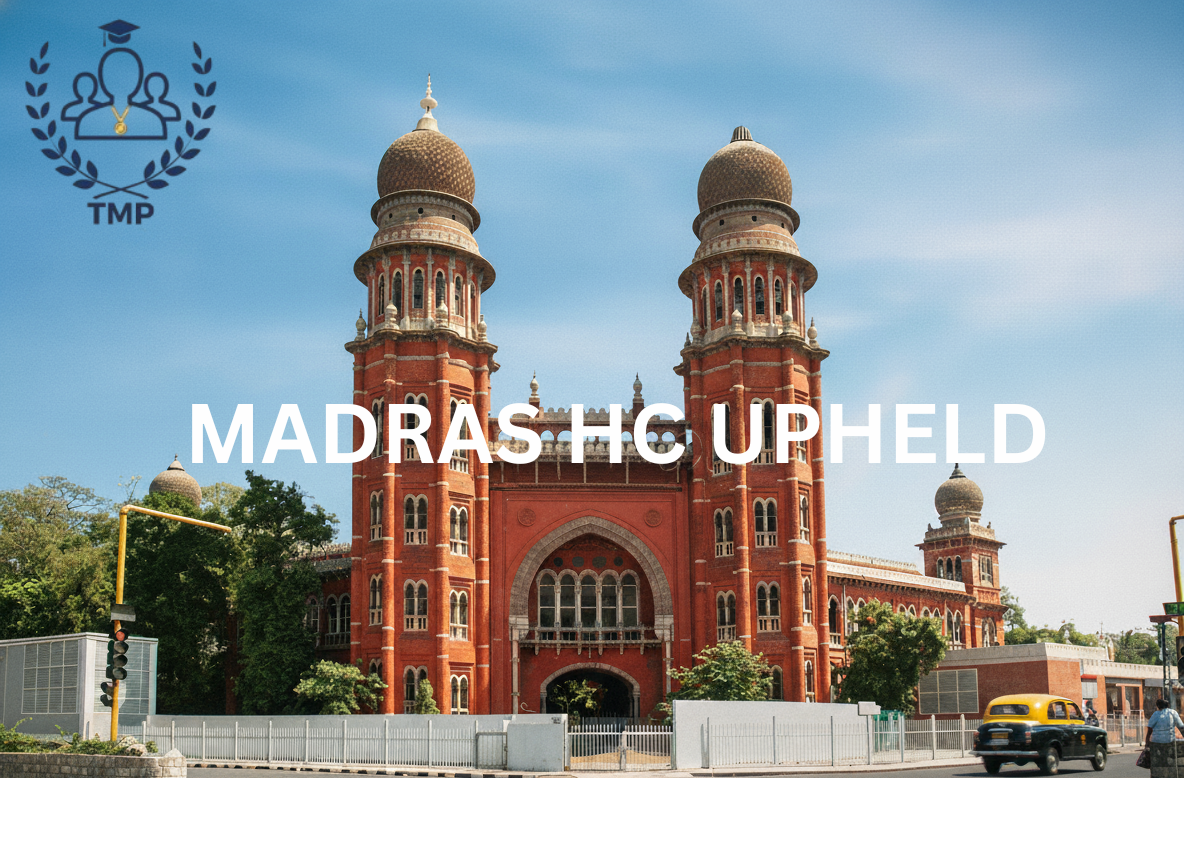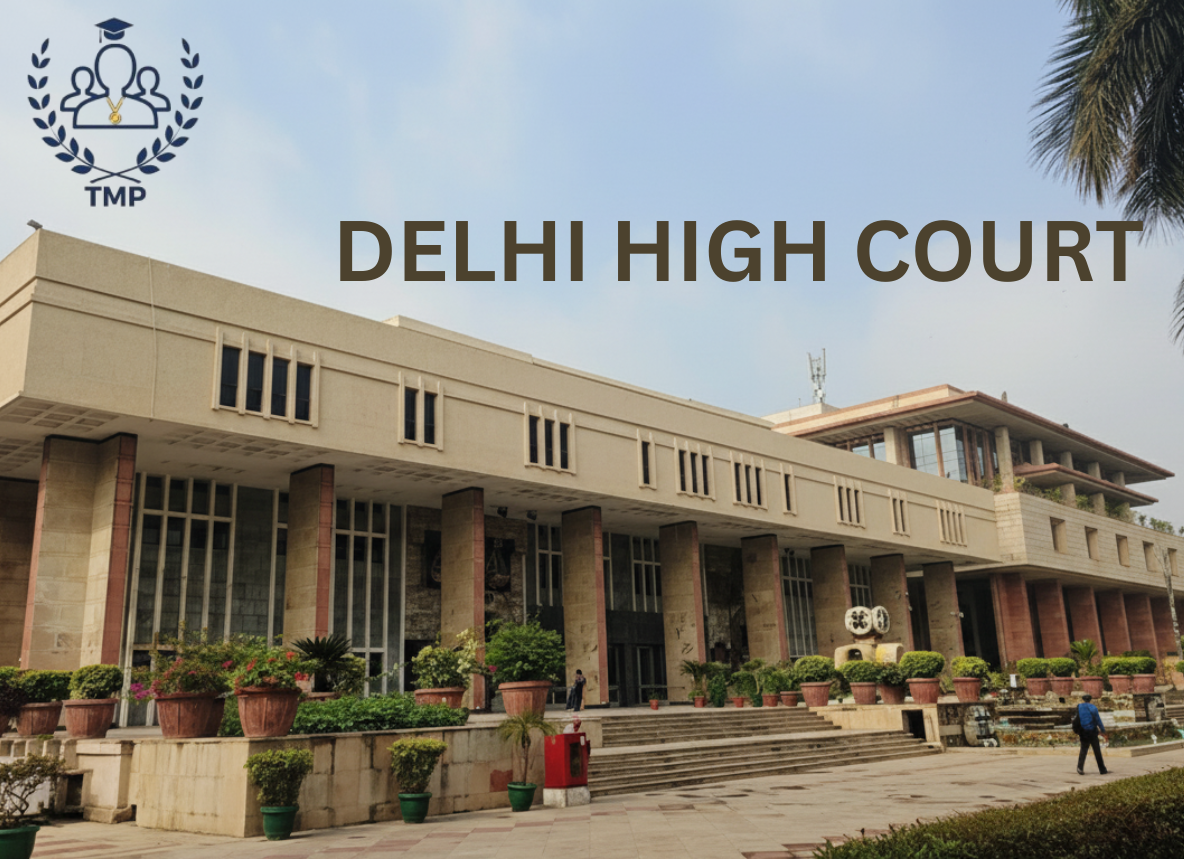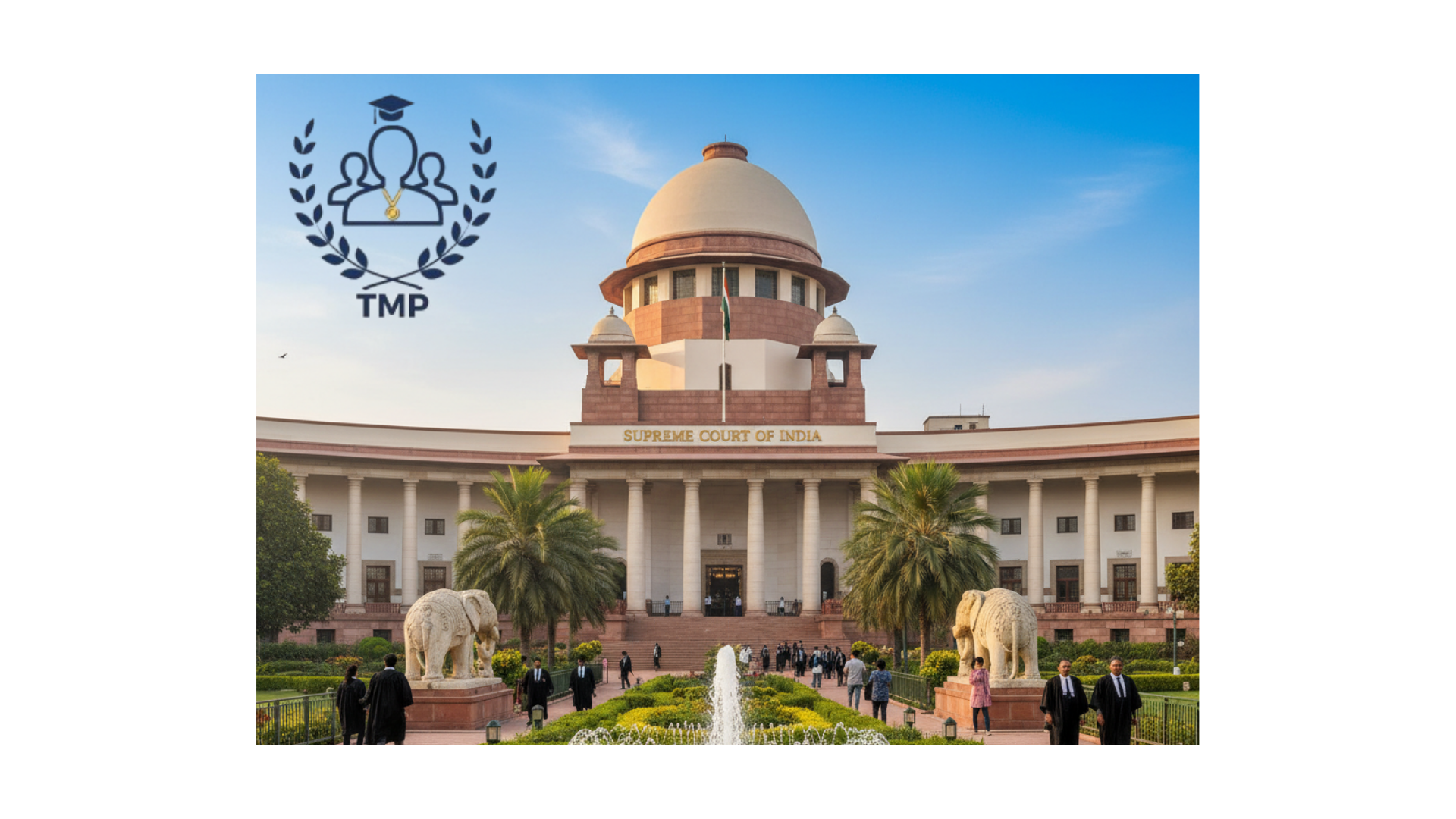November 04 , 2025
Delhi HC Issues Landmark Reforms in Sushant Rohilla Student Welfare Case
The Delhi High Court used the Sushant Rohilla tragedy to push for sweeping reforms in how universities handle student welfare. While the criminal case was closed, the Bench continued the matter to address deeper structural failures—weak grievance systems, rigid attendance rules, and the absence of mental-health safeguards. The Court’s directions now form a nationwide framework meant to make campuses safer, fairer, and more accountable.
Legal Issue
Whether the absence of adequate grievance redressal mechanisms and rigid attendance norms in higher education institutions contribute to student distress, and what systemic reforms are required to ensure student welfare and mental health protection in universities across India.
Brief Facts
1. The case arose from the tragic suicide of Mr. Sushant Rohilla, a law student of Amity Law School (affiliated with GGSIPU), who died on 10 August 2016 allegedly due to mental harassment and being debarred from exams for shortage of attendance.
2. A letter petition by his friend Raghav Sharma was converted into a suo motu writ petition by the Supreme Court, later transferred to the Delhi High Court.
3. Criminal proceedings under Section 306 IPC (abetment of suicide) were initiated but eventually closed after the Magistrate accepted a police closure report in October 2024, finding no evidence of instigation.
4. The deceased’s family and the law school reached an out-of-court settlement in November 2024, agreeing to close all pending cases.
5. The High Court, however, continued proceedings on the larger institutional issues, termed the “Sushant Rohilla Intervention,” focusing on two key areas:
- Establishment of Grievance Redressal Committees (GRCs) in all higher education institutions.
- Reconsideration of mandatory attendance requirements and their impact on students’ mental health.
Court’s Reasoning
1. On Grievance Redressal Committees (GRCs):
- The Court noted the absence of effective internal grievance mechanisms in universities, leading to lack of psychological and administrative support for students.
- Directions were issued (2019–2024) requiring all universities to establish GRCs with faculty, administrative, and student representatives, ensure counselling facilities, and conduct periodic audits.
- The initiative was formally titled “Sushant Rohilla Intervention.”
2. On Mandatory Attendance Norms:
- The Court examined the rigidity of the 75% attendance rule, observing that modern education includes hybrid and online learning.
- UGC, BCI, AICTE, NMC, and the Ministry of Education were directed to hold consultations on whether attendance norms should remain mandatory, considering mental health, hybrid learning, and employment realities.
- The BCI was asked to re-evaluate attendance rules and suspend biometric mandates.
3. Systemic Reform:
- The Court emphasized proactive institutional reforms and counselling to protect students’ right to life, dignity, and education under Articles 14 and 21 of the Constitution.
Judgment
1. Criminal Aspect: The case concerning Sushant Rohilla’s death was closed following settlement and acceptance of the closure report.
2. Institutional Reforms:
- All universities must constitute GRCs with student representation and counselling mechanisms.
- The Ministry of Education and UGC shall conduct a nationwide consultation on attendance norms.
3. Policy Outcome:
- Institutions must foster mental well-being and effective grievance redressal systems.
- The 'Sushant Rohilla Intervention' is recognized as a model judicial initiative for student welfare across India.
Subsequent Development
The judgment delivered on 3 November 2025 is a landmark directive in Indian educational reform jurisprudence, establishing judicial oversight of student welfare systems and promoting mental health accountability in universities nationwide.
To Read the full judgment, click here.
Case Title
Court on its Own Motion: In Re – Suicide Committed by Sushant Rohilla, Law Student of I.P. University
Neutral Citation
W.P.(CRL) 793/2017 & CRL.M.As. 16639/2017, 8850/2024
Court
High Court of Delhi at New Delhi
Bench
Justice Prathiba M. Singh
Justice Amit Sharma
Date of Decision
3 November 2025

